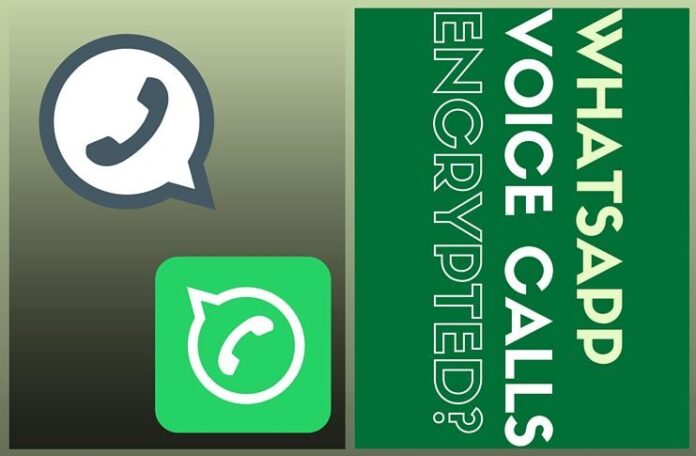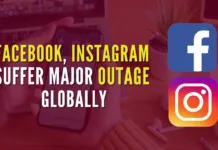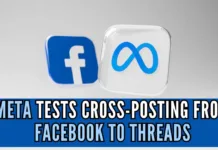
Apple – FBI battle forces software vendors such as WhatsApp to tighten up their encryption schemes
[dropcap color=”#008040″ boxed=”yes” boxed_radius=”8px” class=”” id=””]T[/dropcap]he ongoing dispute between Apple and the United States Federal Bureau of Investigation (FBI) on allowing it to decipher an iPhone has triggered a lot of activity among Software companies. Google, Facebook and others have been revisiting their encryption strategies and tightening them wherever they identified vulnerabilities.
It is not just the FBI which is after a software company. WhatsApp, the globally popular messaging system owned by Facebook, has already run into trouble on this front in Brazil. WhatsApp encrypts all user messages in “end to end” fashion, meaning that no one but the sender and recipient can read them. Brazilian authorities arrested a Facebook executive earlier this month after the company said it couldn’t unscramble encrypted messages sought by police. U.S. officials are debating how to enforce a similar wiretap order for WhatsApp communications in a U.S. criminal case, the New York Times reported. So all messages shared on WhatsApp are encrypted, but what about the voice calls?
[dropcap color=”#008040″ boxed=”yes” boxed_radius=”8px” class=”” id=””]T[/dropcap]he answer is, it depends… Voice calls and group messages do not yet carry the same level of encryption. This is set to change in the coming weeks, according to people familiar with the matter. WhatsApp, which boasts a billion users around the globe, first added encryption for its Android smartphone app in 2014. It’s been gradually incorporating similar protections into other services, including messages sent on iPhones and even some voice calls. Founder Jan Koum traces his concerns about data-security stem to his parents’ fear of government agents listening to phone calls in their native Ukraine.
This news item on NBC seems to suggest that WhatsApp does not do any encryption on the voice calls! So which one is correct?
According to a knowledgeable source, if you are initiating conversation on a Wi-Fi using WhatsApp, the data is encrypted but if you are using WhatsApp on a 3G connection, the conversation is not encrypted. This Wired article talks about WhatsApp implementing an end-to-end encryption as far back as in November 2014! Sound confusing? To make it simple, here are a few suggestions to ensure that your privacy is protected on WhatsApp:
As far as possible, use WhatsApp only when you have a Wi-Fi connection. This is easy to remember and follow.
Do not use WhatsApp to make voice calls unless you are certain that the other person is also on Wi-Fi. You can confirm before calling by messaging WiFi? to which if the reply is a Y, then initiate the voice call. I am assuming that you are using Wi-Fi!
Group messages may not all be having the same level of encryption… Let me explain. Say you have 12 users in the group, 4 of whom have iPhone and the rest use Android Smartphones. If the sender has an Android and sends the message, it will be sent encrypted to a central server. When the server in turn has to send the message to the destination, it will check to see what kind of encryption the receiver(s) can support. If one of the receivers does not have any encryption (think older version of WhatsApp installed), then that receiver would get the message in clear text form, easy for anyone to see.
Always update to the latest version of WhatsApp software. But before updating be sure. Check on the web to see if the new version has received good reviews and if it has compelling features.
Technology is moving fast and it is like merging into an interstate from a side street. The entry could be challenging but once you are in, you will do just fine.
Note:
1. Text in Blue points to additional data on the topic.
- Indian Parliament’s Special Session is convened to mark the shifting to new Parliament building - September 3, 2023
- Why did Rajat Sharma of India TV not declare that Adani owns more than 16% shares in his channel? - January 29, 2023
- Prannoy Roy to get Rs.605 crore from Adani as per Stock Exchange filing. Why is Income Tax not acting on Roys’ dues of over Rs.800 crore? - January 4, 2023










